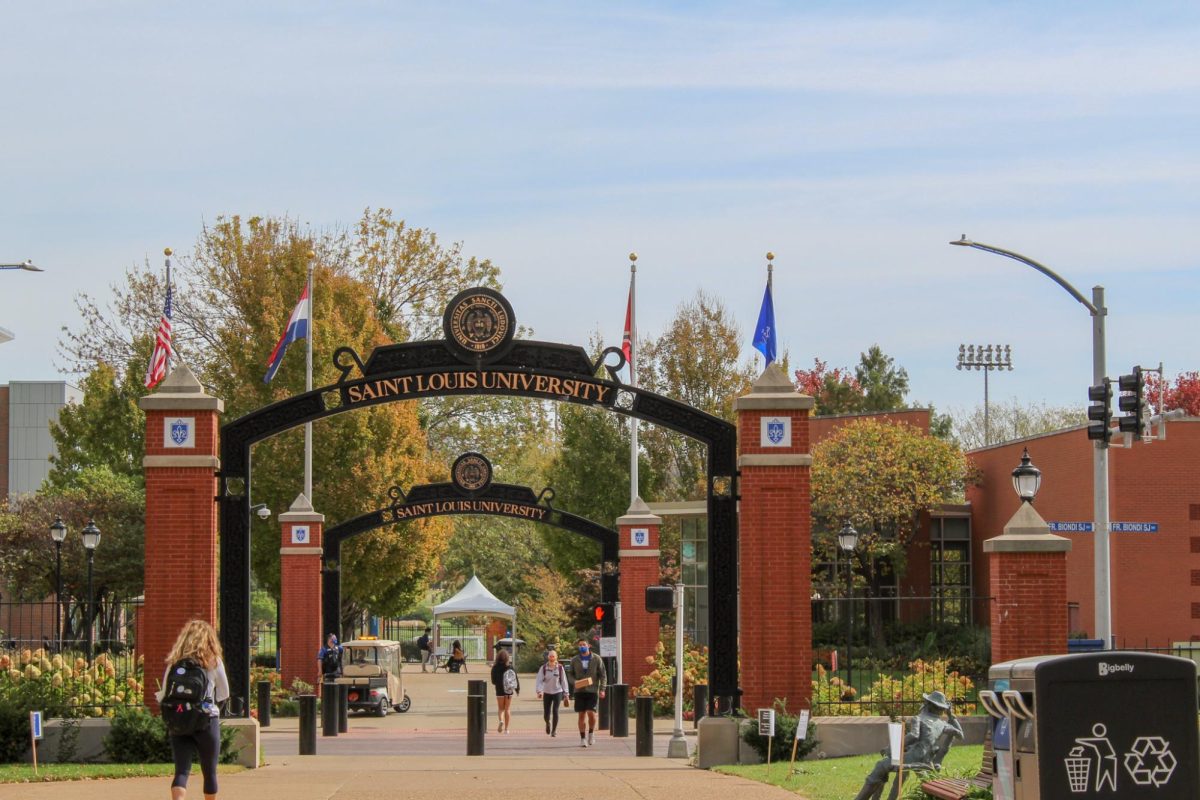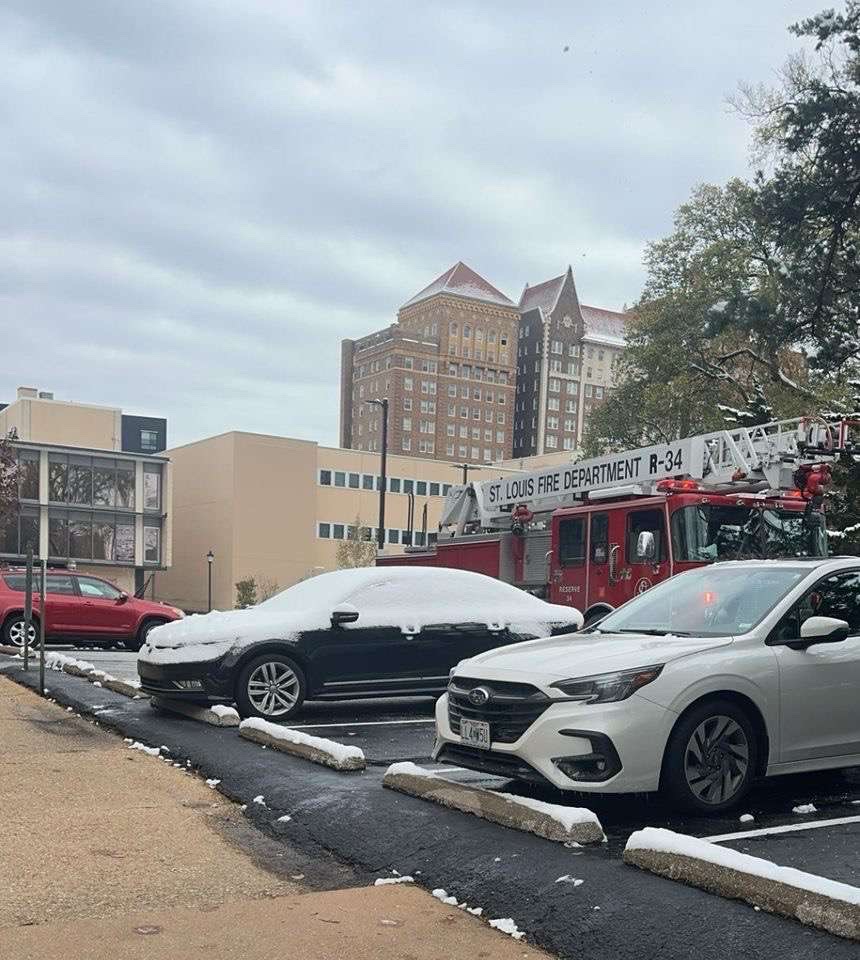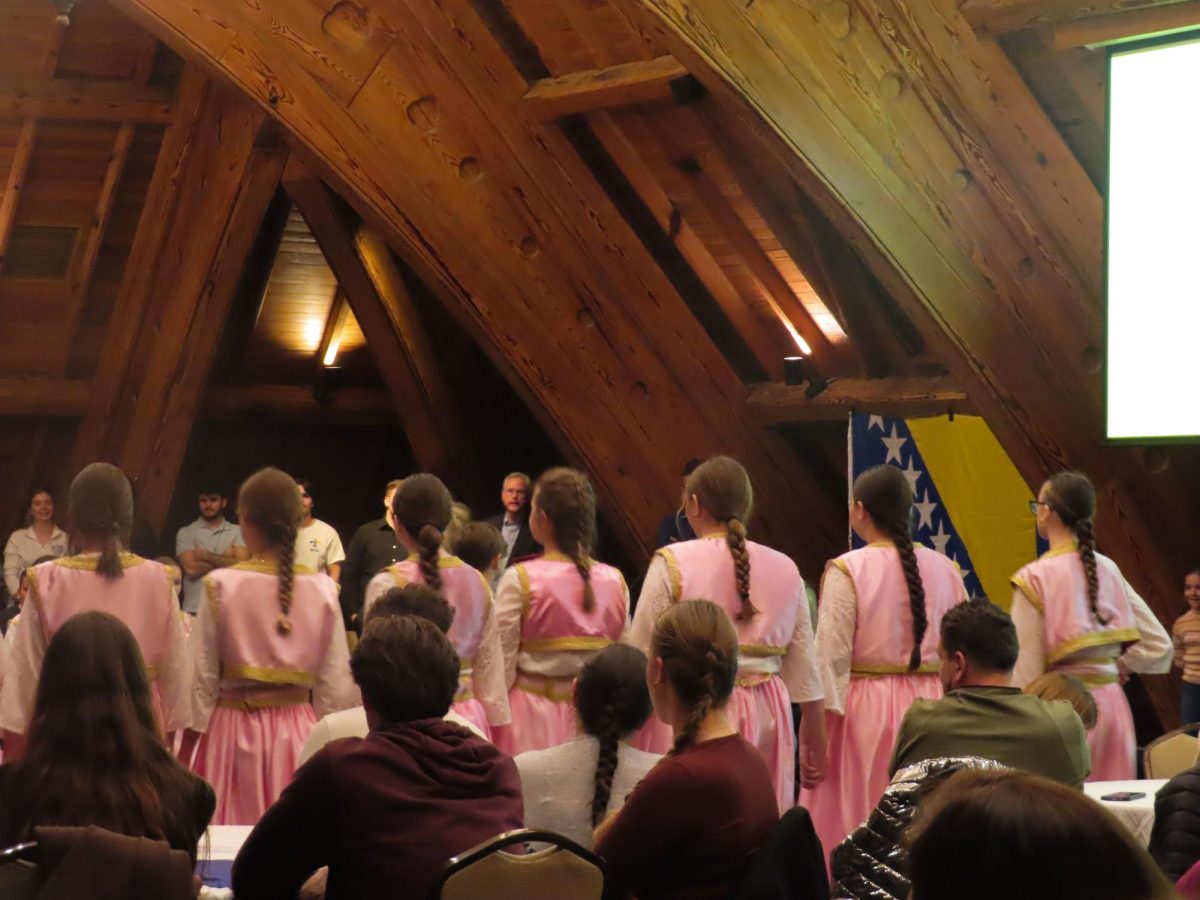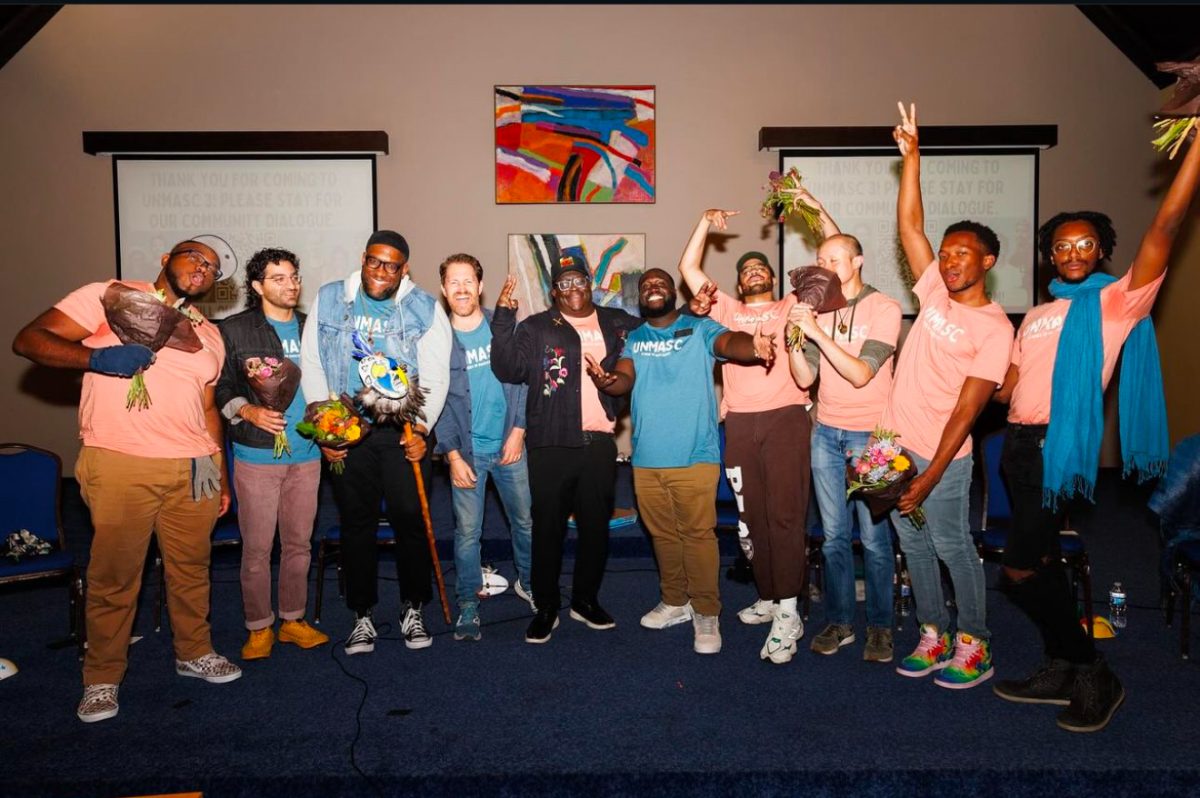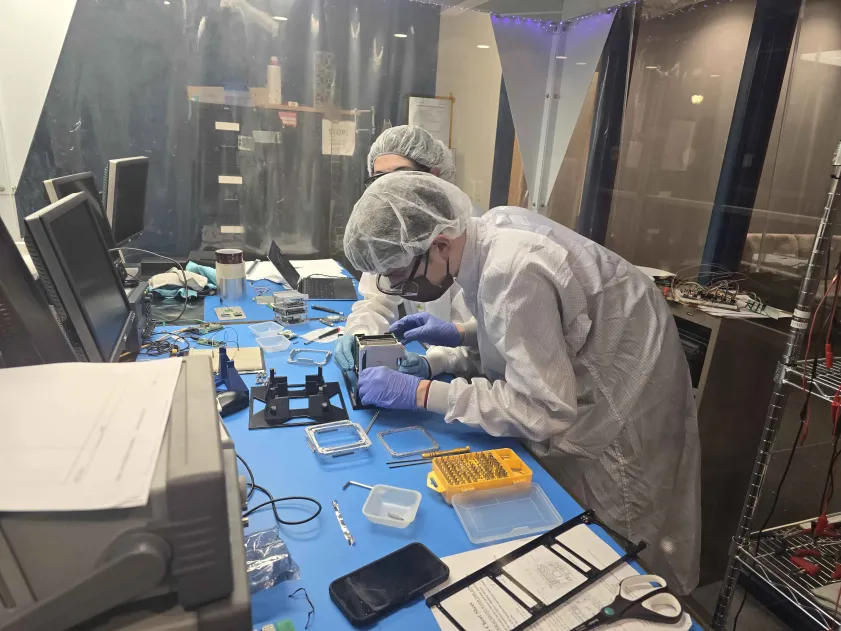Bishop Wilton Gregory encouraged peace and resolution in his presentation on Tuesday, Nov. 19 in the Anheuser-Busch Auditorium. In addition to his comments on the sexual-abuse crisis in the Catholic Church, Gregory discussed the crisis in the Middle East, problems in the economy and the shortage of priests and other religious authority within Christianity.
The Great Issues Committee sponsored the presentation. GIC Chairman John Eckert introduced Gregory, whose presentation was titled, “Healing the Catholic Faith: The Future of the Catholic Faith in the Aftermath.”
Gregory studied in Rome and earned a degree in sacred liturgy in 1980. He was ordained as a bishop in 1983. He now serves as president for the U.S. Conference of Catholic Bishops.
In addressing the sexual-abuse crisis in the Catholic Church, Gregory said that the conduct of a small fraction of Catholic priests has resulted in a public disgrace over the pastoral judgment of many bishops.
Gregory said that molestation and sexual abuse of children is really a societal problem and that these cases occur most commonly within families.
In addition to the sexual-abuse scandal facing the Catholic priesthood, Gregory mentioned the conflict in the Middle East over differences between Judaism and Islam and the friction between Muslims and Indian Hindus.
“Under God, there is only one human family,” Gregory said. “We need to bring this human family into harmony.
“We need to use the influence of religion on the side of peace,” Gregory said. “We need to heal the world’s wounds, not inflict new ones.”
He added that being in control of destiny is an illusion and that one should rely on God’s loving providence. The Catholic Church is not excluded in this presumption and cannot be in control of its own destiny.
“We are not fully in control of the future as we like to think we are,” Gregory said.
After concluding his presentation, Gregory moved on to what he called the best part of the evening — conversation with the audience.
In response to a question concerning the recent negative comments made by some evangelists toward Islam, Gregory said he believes that Islam is one of the world’s great faiths and it is not fair to solely identify it with a small number of fanatics.
In answering a question regarding the crisis in the Middle East, Gregory explained that the complex difficulties go back centuries and that it is important to look at the roots of violence and hatred. He believes that Muslims and Jews must learn how to live together in peace and that working toward peace is the only way to resolve the root of the problem.
A question was raised concerning the shortage of priests and the issue of celibacy. Gregory explained what he thinks are the three main factors leading to the shortage of priests: the minimal financial compensation, the decline in public prestige associated with the priesthood and the life commitment that is required.
Gregory emphasized the role of laypersons within the Catholic community. He believes that lay people must take the message heard on Sundays out into the world.
“If there is one good thing that comes from the current crisis, it’s that bishops realized that we need the laity,” Gregory said.
Joe Pirmann, a junior studying finance at SLU and a member of Gregory’s diocese, came to the presentation for multiple reasons.
“He’s my bishop. I’ve met him, been confirmed by him and I’ve worked with him,” Pirmann said. “As a faithful person, I wanted to get insight on what lay people can do in response to the crisis. It was a good presentation. He had a good balance of humor and seriousness.”



